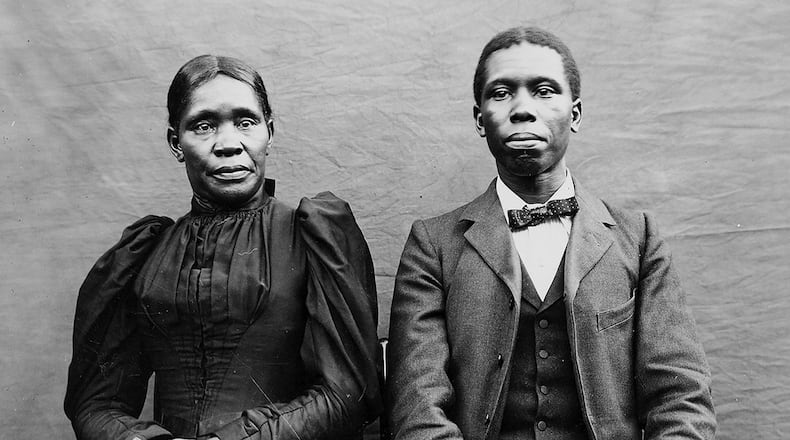The award supports the “Paul Laurence Dunbar: Life, Works, and Legacy” project through the NEH’s Humanities Connections program.
Beavercreek seniors apologize after group gathers for photo-op
“What is especially exciting about the project is that it will begin to make thousands of Dunbar writings and artifacts virtually accessible to scholars, students, educators and the general public,” said project co-director Jennifer Speed, research professor of religious studies and director of extramural funding and strategic resource development for the College of Arts and Sciences.
Anyone who wants to learn more about Dunbar’s life and works will be able to consult the primary source materials without having to travel to an archive.
Speed’s project co-directors are Minnita Daniel-Cox, associate professor of music, and Ju Shen, assistant professor of computer science. In 2018, they received a one-year, $35,000 NEH planning grant to support a series of campus workshops in which faculty and staff from across the University, as well as community partners, provided input on the project.
Signs of encouragement: Miami Valley residents boost hopes with heartfelt messages
The project aims to integrate computer science with a number of humanities and social sciences disciplines with Dunbar-related materials.
“This interdisciplinary project particularly benefits our computer science students, who usually focus on technology development but do not pay much attention to experiential learning and location-based education,” said Shen, whose research and teaching focuses on virtual reality (VR). “The Dunbar project gives us a concrete example to link our technologies to a real story that happened in the local place, which motivates many students to design interactive VR systems to recover Dunbar’s real life.”
The project leadership team is now recruiting the first faculty cohort to create or revise interdisciplinary courses, which will be offered starting in fall 2021, according to a university release.
About the Author
